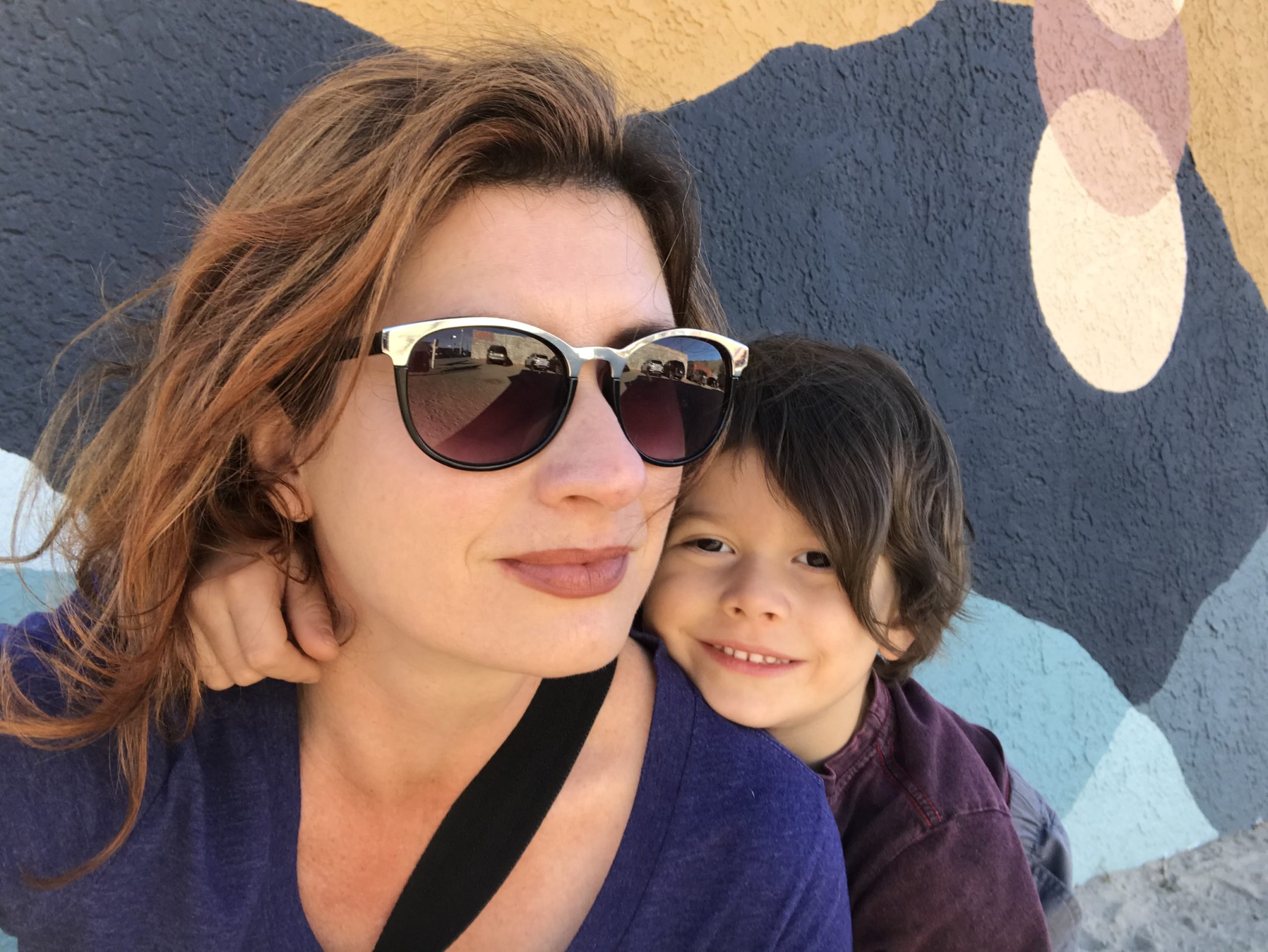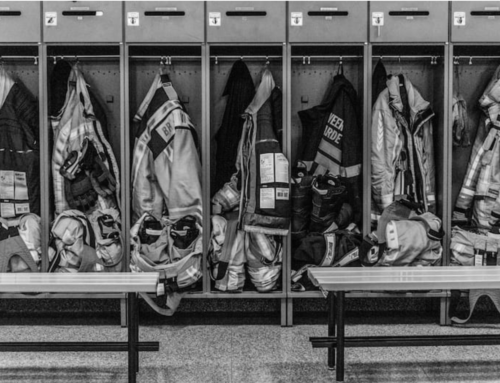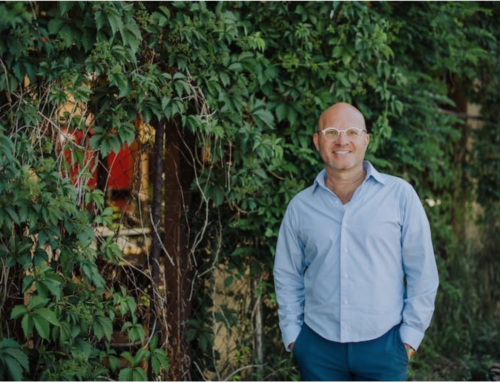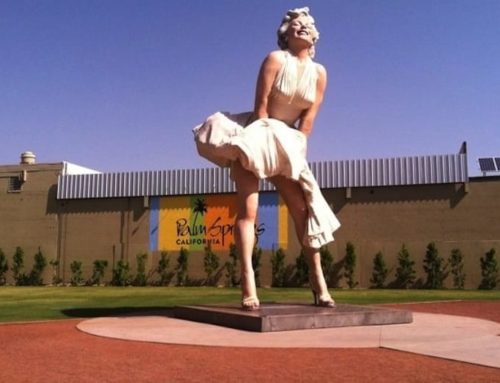The things 5-year-old Everest will say, and sing, while sheltered in place — missing school, where he should be rehearsing songs for his kindergarten graduation — never fail make his mother, writer Maggie Downs, think, laugh, cry, or wonder if this is really happening. Any of it. Like when, in the middle of a pandemic, he was singing R.E.M.’s “It’s the End of the World as We Know It” and she shook her head and said to herself, “You’ve got to be f**king kidding me.”
In her mosaic-structure essay, “So Sad Today,” Downs — an award-winning journalist and author of the new book Braver Than You Think (Counterpoint Press) — shares conversations she has had with Everest while homeschooling him during the COVID-19 crisis. “This is the reality of parenthood during a pandemic,” she explains, “presented as a series of slice-of-life vignettes in chronological order. It is an ongoing project that will last throughout the lockdown period.”
“So Sad Today” (see below) won a $500 grant from the nonprofit California Desert Art Council (CDAC) and La Quinta Arts Foundation, which established a $50,000 Keep Art Alive fund to award grants to Coachella Valley artists and arts organizations who create thoughtful, inspiring, and relevant works responding to the pandemic.
“As a writer, I believe in dissolving the border between memoir and journalism, weaving together personal history with location-based reporting to excavate some deeper truths about the human condition,” Downs says. “Most of my work focuses on the themes of family, memory, and finding a sense of home in the world.”
Visit Maggie Downs online at maggiedowns.com
So Sad Today: Conversations With a 5-Year-Old During a Pandemic
By Maggie Downs
We are walking the same path we always walk every morning and evening, a mile-long loop. On one road along this loop, the sidewalk splits into two paths, one for people on foot, the other for bicycles. Somehow my 5-year-old son, Everest, has divided these into two other categories: human and non.
He says, “Mom, I’ll take the human path. You take the other one.”
This is the unsettling thing about parenting through a pandemic. Every moment is imbued with more meaning, a level that wasn’t there before. So, when Everest says I can take the other one, it’s funny. But it also makes me think I am something less than human these days. Even my child knows.
I wear a mask when we go out. I stay away from other people. I teach my son to stay close, don’t touch, don’t interact with the world. These things feel anti-human to me. By nature, I am a hugger and a toucher, a woman with skin hunger, a writer who under normal circumstances follows a path of sensory delights — and a plague has brought that to a halt. It has brought me to a halt.
I have asthma, and I am scared of this virus. Sometimes I wake in the middle of the night, my airway tight as though my throat is stuffed with cotton, and I fumble for my inhaler. That’s a normal night. A healthy night.
I’m frightened of what could happen to me if I get sick, but I also don’t want to traumatize my child. The world will offer enough trauma as it is. So, he knows the basics of what’s happening, but not the details. I do my best to homeschool and work from home and present this situation as a grand adventure — another opportunity for fun! — because what’s the alternative?
It is the most elaborate game of pretend we’ve ever played.
***
Everest tells me that he wants to see his friends. Sometimes I try to imagine it, what it’s like to be 5 and at school with your classmates one day, practicing songs for kindergarten graduation, then stuck at home the day after that and the day after that and all the days that follow. What is it like to leave a classroom you will never see again?
What will he remember from this?
I twist my face into mock disappointment.
“What? You don’t like hanging out with me every day?” I joke.
“It’s nice hanging out with you, Mom,” he says. “But I also like to have fun.”
***
We go on hikes. That’s the benefit of living in the desert. Our regular hiking trails have been clogged with people, understandably — everybody is itching to get out of their spaces, to see something other than their walls. So, we distance ourselves by going to out-of-the-way trails. We hike at off times. I am creative and strategic about where we go. Sometimes we don’t see other people for miles.
Still, we carry masks. At the first sign of other hikers, we put them on.
This day on the trail, my son nudges me forward.
“You go first, Mom, in case we see a mountain lion or people without masks.”
***
It is mid-April, and Everest has made me a homemade valentine, even though Valentine’s Day passed two months ago. It is a pink construction paper and colored pencil work of art. Hearts drawn on top of hearts, surrounded by rainbows. Along the side are my son’s stick-figure self-portraits, and the stick figures say “I love you” in sign language.
He shoves it at me as I’m curled up on the bed, exhausted, trying to summon the energy to make dinner.
“Here, Mama,” he says. “Hang on to this until the virus is over, so you won’t be so sad.”
I didn’t know I was sad. I didn’t know he could tell.
Mostly I am tired. Holding the grief of the world is overwhelming; the loss of hope is overwhelming. I don’t know how to look at the news anymore, but I feel compelled to scroll my way through the death count and the obituaries. It’s the least I can do.
***
He says, “When can I hug my friends again?”
And then, “Do you think Liam remembers me?”
***
Every day I ask Everest to make his bed before breakfast, but on this day he explodes.
“This is boring. Everything’s boring. You’re boring. What’s the point?”
Usually I would have an answer for this. I would say that a made bed is one of life’s free luxuries. It keeps the room tidy, therefore it makes our lives feel more pulled together.
Except that answer would feel dishonest at this point.
These days I’m like a French existentialist, minus all the cigarettes. What is the point? A life without people and activities, without the stimulation of the world to fuel our work and passions, what kind of life is that?
What is a life when it no longer feels meaningful?
I used to zoom in on the details, just as if I were looking at something closely on a touch screen, bringing the picture closer. I could see the moments that make up a life, the smile exchanged with a barista, the arm of a friend slung around my shoulder, the exquisite joy of getting lost in a new place, the touch of skin on skin, the briny smell of ocean mist on a foggy morning. I zoom in to see those threads that weave together joy and meaning. I zoom in to remember the small things that make up an experience.
I don’t zoom in anymore.
Zoom out and see that we are in the midst of a vast global pandemic that will almost certainly take the lives of people I love. Zoom out to witness other lives destroyed, either by the effects of isolation or the crashing economy, families separated, borders closed, mass grieving. Zoom out to the place where every day feels like a field guide to mourning.
In that context, what does it matter if we make the bed?
***
It is late April, and today’s walk is a longer loop that takes us past the park, where the playground equipment is wrapped with yellow caution tape. The swings are tied up. The slides have been boarded up. It is a strange scene, apocalyptic.
My child is caught off guard.
“Will there be play after the virus?”
I ask what he means, and this time he is very clear.
“Will I ever play again?”
***
My son’s favorite books are about a blue-haired, adventurous girl named Hilda who lives in an enchanted world that is inhabited by shifting mountains, log men and giants, crows that speak. The characters model curiosity and bravery and joie de vivre. They trek into the wilderness and never know what they’ll find there, but they are not frightened.
In the second Hilda book, her house is attacked by invisible creatures, threatening the safety of Hilda’s family and everyone she loves. The invisible creatures turn out to be elves so tiny, they can’t be seen by the human eye. They’re tired of the humans and the trouble we’ve inflicted on their world. They want us to go. We’ve made such a mess of things.
It’s hard to read this and not take the side of the elves.
***
My son sees magic in our world too, and some of it is real. He builds elf furniture from bougainvillea blossoms, and makes wishes by blowing the seeds off dandelion stems. At twilight he points to the bats that swoop around the palm trees. He discovers a horned lizard that looks like a miniature dinosaur.
Nature is a comfort in these times, mostly. It’s reassuring to know that the flowers still manage to bloom. Seasons happen. Every night I hope the sun will rise, and every morning I am rewarded. That’s almost a Hilda kind of magic.
On the first day of shelter-in-place, I discovered a hummingbird nest situated in the bush outside my bedroom window. Every day we check on the babies that have just hatched, so exquisite and new, their skin almost translucent. I can see their hearts thrumming so quick, it’s pure vibration. The fragility takes my breath away. I can’t believe they’re real.
Every day I am careful as I pull down the branch that allows me to see the nest. I check for just one moment, then tiptoe away, so as not to startle the babies or frighten the mother bird. I do not get too close. I do not make a sound. I want to make sure they’re safe from the lizards, that’s all. I need the reassurance that they’re still there, that these babies exist.
Two days ago, when I pulled the branch away, both of them flew straight at my head, past my right ear, then into the sky. Gone.
Finally, I realize the birds have abandoned that nest. That day they flew away, it was forever.
“Oh yay,” my son says, pumping his little fist with joy. “They’re all growed up … Mama, are you crying?”
***
Everest has a new favorite song, an old R.E.M. tune — “It’s the End of the World as We Know It (And I Feel Fine).”
This is the kind of thing that if I were reading a novel and a character sang this song during a pandemic, I’d roll my eyes. It’s too on the nose. Unrealistic.
But this isn’t fiction. My real son is singing about the end of the world during a real pandemic, and I shake my head and say to myself, “You’ve got to be fucking kidding me.”
***
I interviewed a philosopher the other day, an expert on death, immortality, and meaning in life. He said this moment in time can feel like Sisyphus rolling the rock up the hill, only to have it roll down, and then rolling it up again, and so forth. We get up, we do the routine, we go to sleep, and each day is essentially the same.
“Except Sisyphus didn’t have the connections that we do with other people,” the philosopher said. “He didn’t have art accessible at a key stroke. He couldn’t do meetings with a webcam. He didn’t have Zoom.”
But how do those things add meaning to our lives? I wondered.
“They don’t,” he said. “But they change the routine.”
If only Sisyphus had wifi!
He still would’ve rolled that rock up the hill, day after day. But someone could’ve watched him doing it. It could’ve been a Zoom happy hour.
***
“When can we go to Trader Joe’s?” my son asks.
“That won’t be for a long time,” I said. “But why do you want to go to Trader Joe’s?”
“I want to eat all the samples.”
He loves going to the store for the sample table. The cheese served on a toothpick, the tiny paper cups filled with salad, hummus cradled on a cracker. The employees are kind, and they always offer my child more than one, even though I try to teach him restraint. This is not a buffet.
“Sweetie, I don’t think we’re going to have samples again,” I said.
“The virus … it kills samples too?”
***
I do my best to keep the routine, to offer structure. That’s what the experts say parents should do in these uncertain times.
“Your room is not clean,” I tell Everest. “I need you to pick up this mess.”
“Mom. Stay six feet away from me.”
***
It’s 9 p.m. in late April, and Everest runs from his room, crying.
“I don’t want you to die,” he says.
I tell him I don’t want to die either. That’s why we stay at home, why we wash our hands and protect ourselves, why we keep our distance.
He continues to wail, but now he’s crying harder.
“You’re going to die,” he sobs. “You’re not telling me because you don’t want me to be sad. But I’m so sad already. I’m so sad today.”
***
There’s a game we used to play, back when my son was a squealing toddler. After every desert rain when color streaked across the sky, I’d toss my son in the car and off we’d go, chasing rainbows. We never quite found a pot of gold, but we’d get as close as we could in a Honda Accord.
Usually our quest brought us to the pass in between the mountains, where rainbows ended somewhere among the windmills. I’d take some photos with my phone, and my kid would shriek with delight, “Red! Orange! Yellow!” clapping after each one.
Then came the season of drought, when it seemed rain would never come again.
That’s when I created another game called Rainbow Hunting, and we played it on days when the skies were empty and the air was hot, when the sun bleached the world into something dull and flat. On those days we drove through neighborhoods at a crawl, looking for items in all the colors of the rainbow, like a modified version of “I Spy.”
Today we sit on the patio in the last corner of shade on a day expected to be 108 degrees, and we are looking at the same scene we have looked at for the past 60 days. There’s nowhere to go. There is no escape. The mountains in the distance look bleak. We don’t even hike much anymore; we’ve left the trails to the snakes.
“Red,” my son says.
“What?”
“Red flower on the ocotillo.”
I nod in acknowledgement.
“Orange,” he says. “There’s an orange hanging on that tree over there.”
It dawns on me what he’s doing, and I smile.
“Come with me, mama,” he says. He tugs my hand and pulls me out of the chair. “Let’s find a rainbow.”
Then we are going, headed nowhere and somewhere at the same time, off to find something beautiful even in all this.







